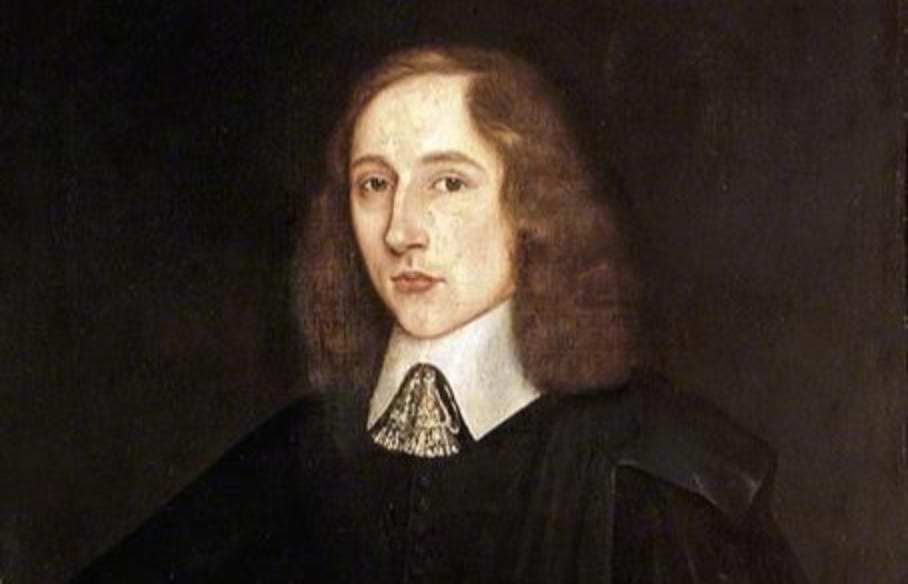East India Company v John Fowke And The Origins Of The English Civil War
Treated worse than 'strangers that do the lie'
Previous posts about John Fowke, all free and shareable:
This is the first published work based on original research for my thesis, the first draft of which is complete at nearly 50,000 words. It is based on one chapter of the thesis and was only available to paid subscribers. It is now unlocked.
Evolving out of the royal scriptorum,…




